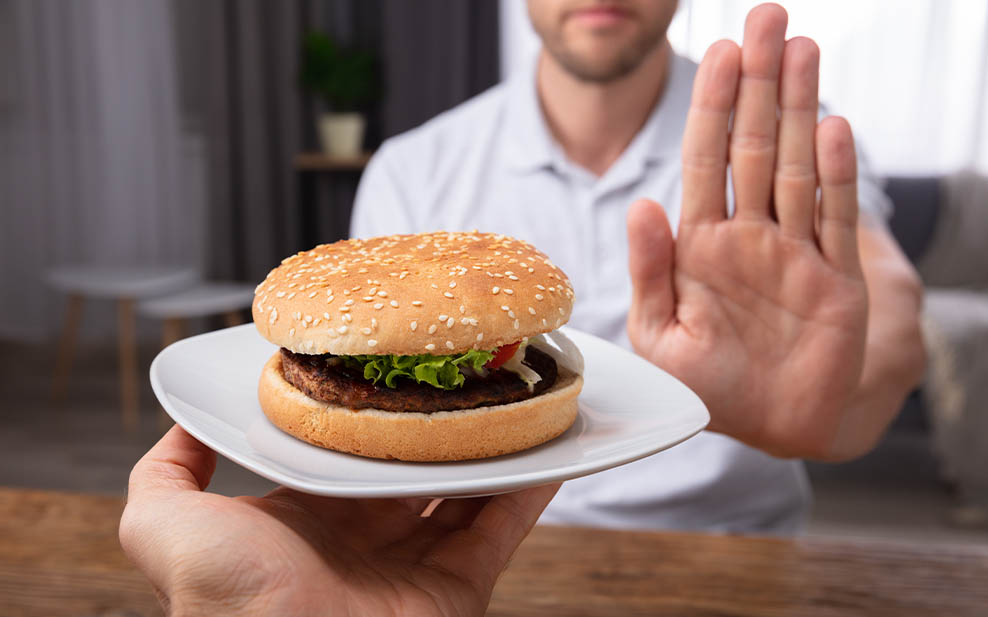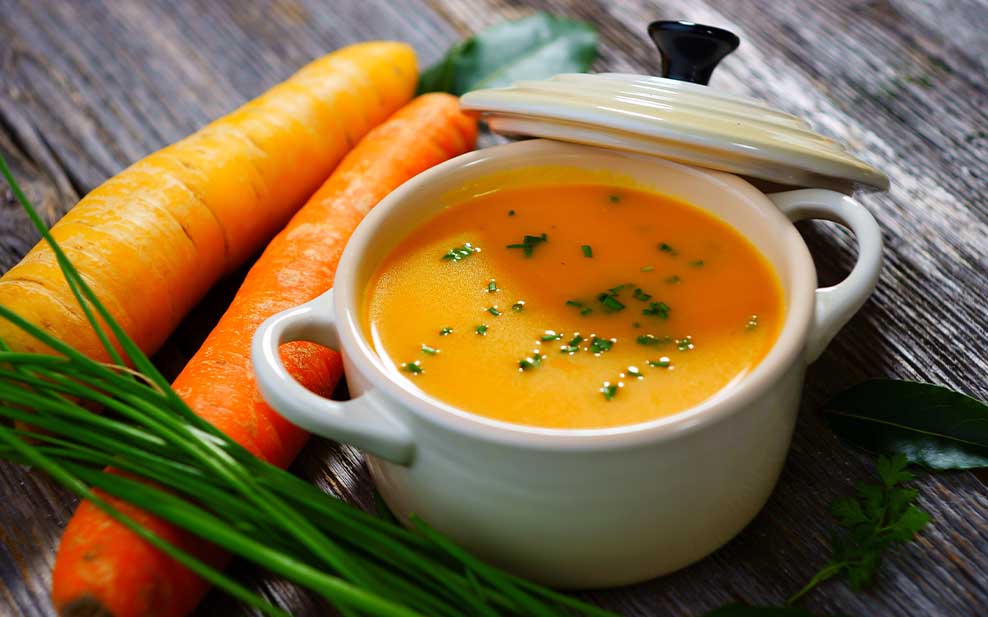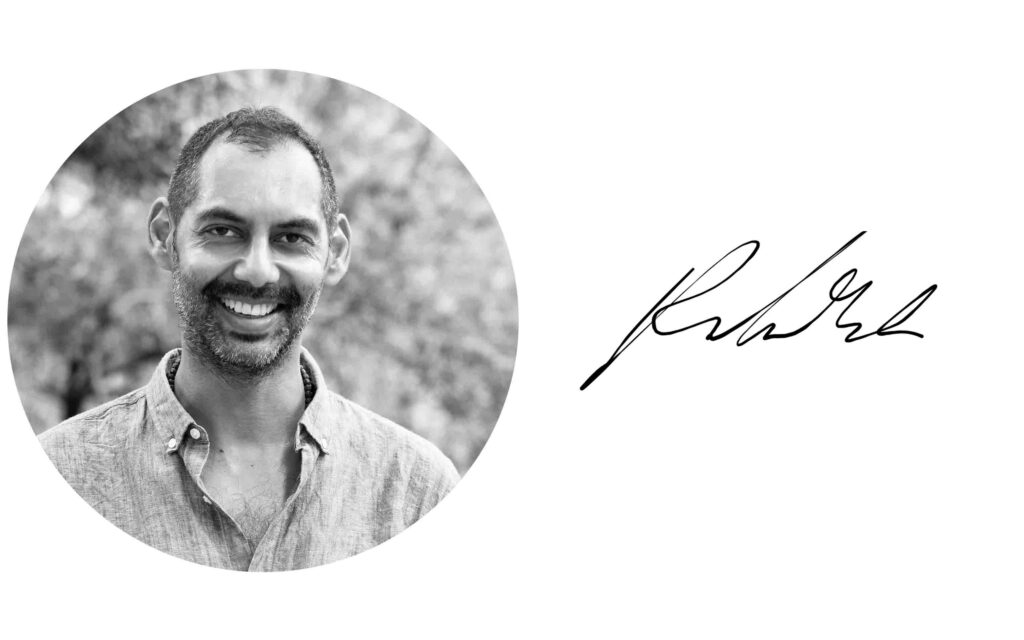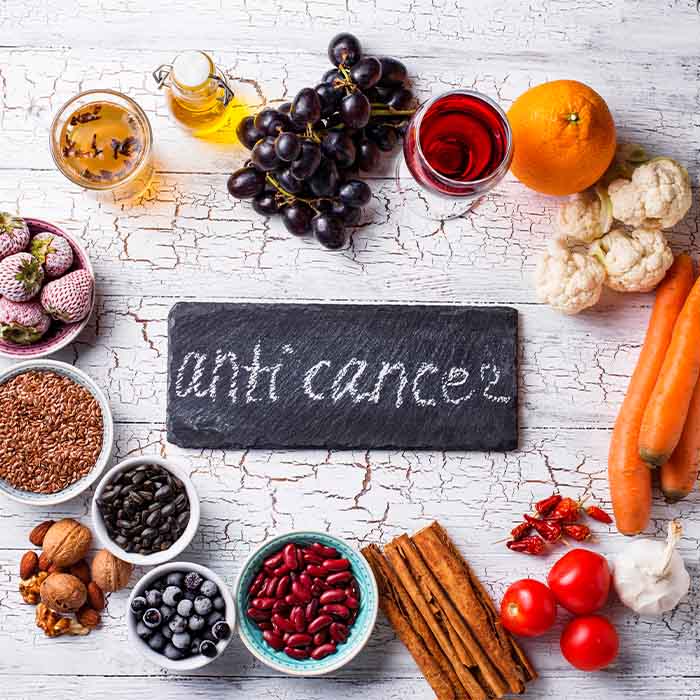
A holistic understanding of our digestive systems: 3 Tips for improving your diet (and life)
First spoken in 1826 by French lawyer, politician and author of Physiologie du goût (The Physiology of Taste) Jean Anthelme Brillat- Savarin, the phrase “you are what you eat” was coined. The original version actually went more along the lines of “Tell me what you eat and I will tell you what you are.” At the time, it was significant in that it recognized the association between what we eat and the state of our health. Close to 200 years since those words were recorded, science has made huge progress toward understanding that biological relationship.
As a professional in the wellness space, I have spent years educating myself on the intertwined nature of digestion, physical and mental wellbeing. It’s increasingly clear to me that while experts in Western medicine understand the chemistry and physicality of our digestive systems, looking at what we eat through a purely scientific lens omits other important aspects that contribute to our overall digestive health- mainly how interconnected our diets are to our emotional and spiritual health.
Drawing from my experience, one which includes years of unintentional self-abuse through unconscious eating and drinking, I have learned the hard way how one’s diet can create emotional ill-health (to a point of being dysfunctional). In my wellness practice, I help clients avoid the mistakes I have made by encouraging them to look at their digestive health through the lens of Eastern medicine – whose timeless, simple foundations led to huge improvements in my life.
In this article, I will outline for WELL, readers what I find most compelling in Eastern medicine, how our diet choices influence our emotional health, and offer up some tips based on this wisdom, that can perhaps be of benefit as you navigate your choices regarding your diet.
Looking at digestive health through an Eastern lens

Scientifically speaking, the digestive includes the mouth, throat, stomach, small and large intestines, pancreas, gall bladder, rectum, anus, liver, bladder and kidneys. As defined by the National Cancer Institute, together these are the organs “that take in food and liquids to break them down into what the body can use for energy, growth, and tissue repair.” From the perspective of Western medicine, the organs in this system function as separate entities, each performing a particular function to aid in the process of digestion. If a particular organ isn’t performing properly, it’s thought that medical treatment (oftentimes taking pharmaceuticals) to address the problem is the best course of action.
In many Eastern practices, however, the organs that make up the digestive system are viewed in a more holistic manner, interconnected with our spiritual and emotional energies. In Taoist tradition for instance, it is thought that the digestive system is subject to a range of inputs that can affect functioning, including the state of one’s emotions, planetary alignment, even the time of the year. For instance, in the Taoist tradition the heart is viewed as an organ whose energy generates fire, love, joy, passion, hate, impatience, and correlates to the tongue (hence why kissing with tongues feels deeply intimate). It’s believed that the heart is closely tied in energy with the small intestine, which enables our body to absorb the nutrients we need. It is thought that when we experience emotional pain felt in the heart, that energy is passed throughout the body and inhibits our ability to digest properly. Have you ever completely lost appetite after feeling heartbroken? Taoism may be onto something…

Take, for instance, another example of how our digestive organs are attached to our emotional well-being – that often neglected but very significant organ – the liver. When functioning at it’s best, the liver not only filters blood, but also calms our nervous systems, allowing us to feel relaxed and clear-headed. It is also responsible for eye and nail health. One look at a client and I can usually tell how hard their liver has been working, and hence how they are feeling that day. I say this because my liver took a huge beating in my previous career when I was constantly drinking caffeine and alcohol. Unsurprisingly, physically my health was suffering. Emotionally, I was quick to anger and small agitations would cause me to swear aloud to myself and at others.
What finally helped me was realizing that my choices in diet were holding me back from a healthy body, but also a healthy mind. At one point, I consumed acid reflux medication twice daily for 2 years. Once I stopped drinking alcohol and coffee, my debilitating acid reflux completely disappeared. After this happened, I adopted a holistic approach to healing my body and mind. I realized that there were choices available to me that could dramatically shift my overall wellbeing – for the long term. As I started to get better, I realized that my emotional health was the biggest beneficiary. Being more conscious of the interconnectedness of my diet, digestion, and emotional steadiness helped me live stronger, happier, calmer, and much more emotionally balanced.
3 Tips for improving your digestive health
1. Eat Seasonally

One technique that helped fast-track my recovery was eating seasonally – or what’s most natural to the climate and time of year where you are living.
In Taoism, it is suggested to avoid Summer (cooling) vegetables and fruits during winter months. Conversely, in the Winter, one should avoid kiwi, strawberry and other summer produce.
Here is an exhaustive list of what is best eaten and when- depending on where you live of course https://www.foodsavvy.org.uk/seasonal-eating
In Hong Kong, while pricier, you can buy locally grown vegetables and fruit. Local farms tend to place higher emphasis on nutrition of crops versus yield so try to shop locally grown before visiting the supermarket, where ingredients have been picked weeks (or longer) before hitting the shelves.
2. Eat less processed food

Yes, Beyond Burger, Impossible meats and Just Eggs are all the rage these days, and delicious. I’ve spent time and money trying all the different brands and observing how I feel in body and tongue. While some are delicious, and are better than actual meat, they are still processed foods – not as beneficial to your health compared to freshly cooked dishes. It’s important to realize that eating fresh is the best way to enjoy all the goodness, important micro-nutrients are lost with freezing.
3. Eat more consciously

Eating hurriedly leads to less effective digestion. Eating processed or packaged foods is especially detrimental to our digestive health. The spike in sugar leads to crashing, craving, and generally lethargy. It also throws off our natural appetite and causes us to crave even higher sugar levels.
Consciously eating slowly and savouring the different textures, scents and flavours when chewing your food not only improves nutritional assimilation by ensuring the food is smallest in size before reaching the digestive system, but also gives us the mental space to reflect on what our body craves and needs.


As I started to observe my body more closely while eating, I realized that in colder weather I felt better eating soup, carrots and stews. In the Fall, my body craved more “earthy” foods such as figs, dates, pumpkin, mushrooms. Realizing these nuances started with the intention of simply slowing down and then noticing my body’s natural desires.
I hope these points are food for thought and help you as you reflect on your own diet choices. I’ve experienced remarkable results from changing what and how I eat in and realized the connectiveness of what we eat and what we think and feel. If you are intrigued and want to learn more I suggest checking out the books below. I also would be happy to hear from any of you who are curious to learn more about my learnings and healing practice.
Further Reading Short-list:
1. ERSHON, M. D. (Gershon, 1998) The Second Brain: A Groundbreaking New Understanding of Nervous Disorders of the Stomach and Intestine
2. Mayer, E. A. (2018). The mind-gut connection: How the hidden conversation within our bodies impacts our mood, our choices, and our overall health. HarperWave.
3. Naidoo, U. (2020). This is your brain on food: An indispensable guide to the surprising foods that fight depression, anxiety, PTSD, OCD, ADHD, and more. Little, Brown Spark.
4. Chia, M. (2019). Taoist secrets of eating for balance: Your personal program for five element nutrition. Inner Traditions International, Limited.
Disclaimer: “Views and opinions expressed in this article are the solely that of the author and should not be considered professional medical advice. Any action taken from this advice is strictly at your own risk. We will not be liable for any losses or damages in connection with the use of this information, or any other information posted on this website.”
About the author: Born from a natural desire to constantly enhance life, once Rahul Kalra’s own was well established, he turned outward toward helping others.
He founded Holistic Bodywork Therapy to embody empowerment, in whatever way serves each individual best.
Rahul is available for customized bodywork therapy sessions aimed at improving physical health from chronic pain, weak immunity, poor digestion in addition to enhancing emotional health from PTSD, chronic stress, post breakup-depression and eating disorders.
Email him at: Rahul@holistic-bodywork-therapy.com
Written exclusively for WELL, Magazine Asia by Rahul Kalra.

Thank you for reading this article from WELL, Magazine Asia. #LifeUnfiltered.
Connect with us on social for daily news, competitions, and more.





